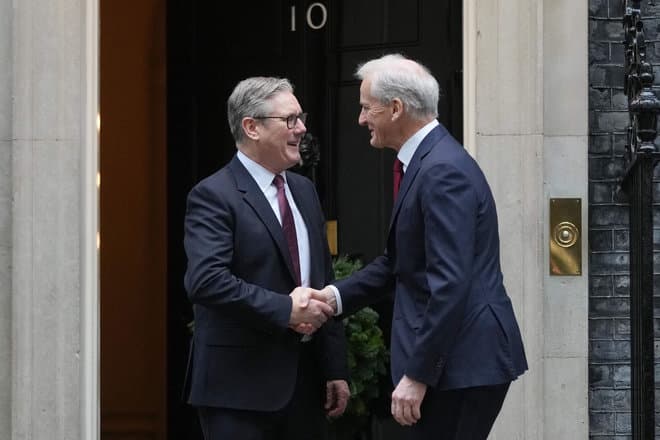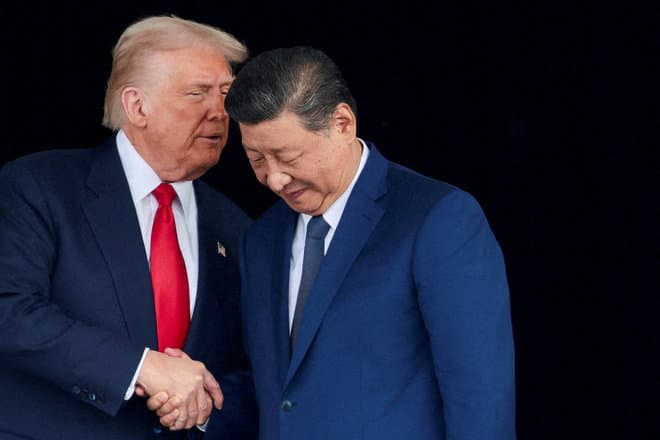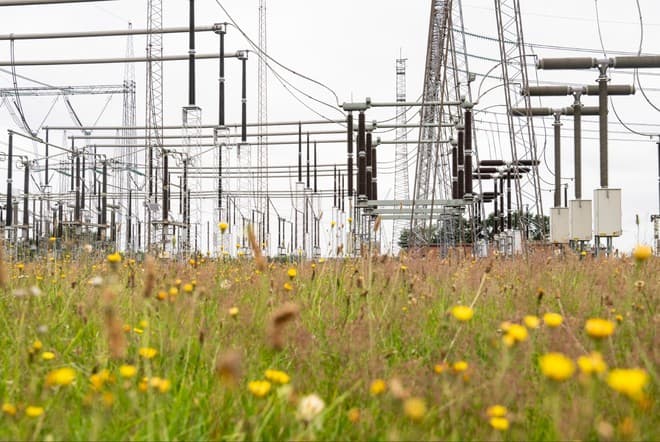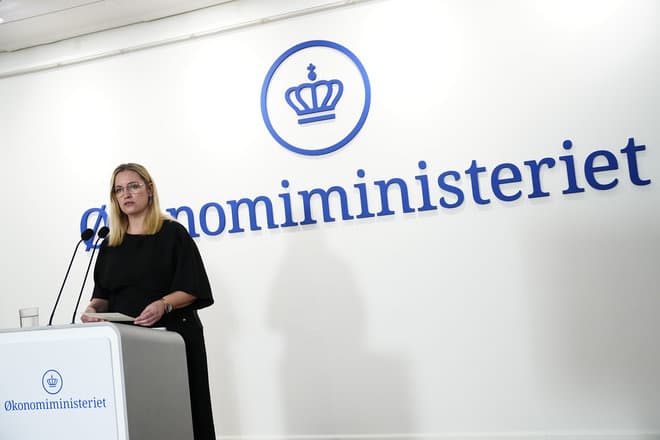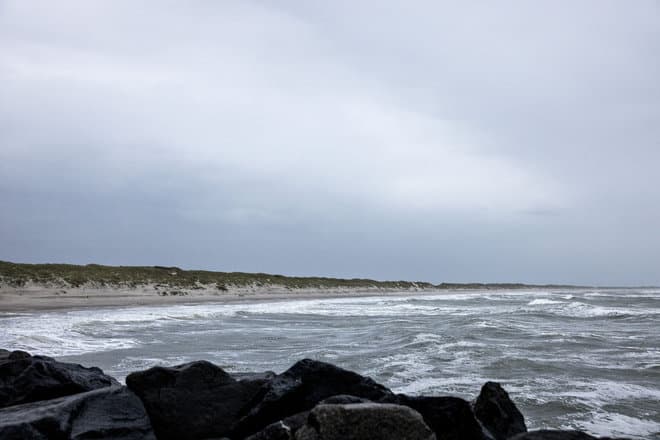On Friday, the government and a broad majority in the Danish Parliament presented an agreement on the expansion of solar and wind energy on land. The Danish Business Association welcomes the agreement, but would have liked it to be even more ambitious in order to realize the ambition of quadrupling renewable energy on land.
- It's a mixed bag of sweets. We are very pleased that the industry and business community have been listened to in relation to, among other things, repowering, i.e. making it easier to replace old wind turbines with new ones, and not least de-bureaucratization and smarter authority processes, as well as the possibility of selling electricity from wind turbines and solar cells to neighbors at a different price than to other customers. It is good for local support, says Ulrich Bang, deputy director for climate, energy, environment and construction at the Danish Chamber of Commerce, in a press release.
He calls, among other things, for the agreement to take more account of recommendations from the National Energy Crisis Staff (NEKST)
- However, we are very incomprehensible that the two-year-old recommendations from the National Energy Crisis Staff (NEKST) are not being implemented more ambitiously. We are incomprehensible that the agreement only allows wind turbines to be installed in new production forests and not in existing production forests as well. It is a free initiative that can contribute to the boost that can realize the potential and political ambitions for cheaper, subsidy-free green electricity.
In addition, the deputy director is missing several concrete initiatives in the new agreement. Here, it is particularly measures to promote electrification and the roll-out of batteries in Denmark.
- The biggest criticism of the agreement is the lack of concrete measures that can promote electrification and the roll-out of batteries. Batteries can reduce electricity prices by smoothing out high electricity prices and creating a more flexible electricity system. There is a lot of talk about it being cheaper to be a Dane, so it is incomprehensible that nothing is done about it when you have the chance. We do not understand that the ball is being kicked to the corner and that we will have to go to 2026 before the area is looked at again, says Ulrich Bang.
Danish Business is also critical of the fact that the agreement introduces new financial burdens for companies that set up solar parks.
- It is obviously completely wrong to increase the costs of green energy. A broad majority in the Danish Parliament has adopted a target of quadrupling renewable energy on land in Denmark. It is difficult to see how increasing costs with new burdens for solar cell projects will contribute to that target. It sends the wrong signal to companies investing in the green transition, says Ulrich Bang.
However, it is not all bad, Danish Business praises, among other things, the agreement to move environmental assessments for electricity transmission projects to the Ministry of Climate, Energy and Utilities. Furthermore, Danish Business expresses "great praise" that the agreement text now opens up for a closer look at the possible implementation of Article 38 of the Electricity Market Directive on closed distribution systems for electricity.
- It is clear progress that the parties behind the agreement have listened to our call to investigate the appropriateness of implementing Article 38. We have pointed this out in the negotiations, because it can become an important tool to promote faster and cheaper electrification and better integration of renewable energy. At the same time, it can create new production jobs, especially in rural areas, says Ulrich Bang.
amp
Text, graphics, images, sound, and other content on this website are protected under copyright law. DK Medier reserves all rights to the content, including the right to exploit the content for the purpose of text and data mining, cf. Section 11b of the Copyright Act and Article 4 of the DSM Directive.
Customers with IP agreements/major customer agreements may only share Danish Offshore Industry articles internally for the purpose of handling specific cases. Sharing in connection with specific cases refers to journaling, archiving, or similar uses.
Customers with a personal subscription/login may not share Danish Offshore Industry articles with individuals who do not themselves have a personal subscription to Danish Offshore Industry.
Any deviation from the above requires written consent from DK Medier.



